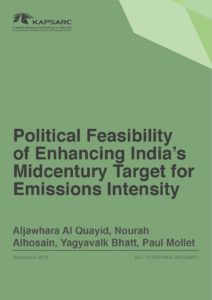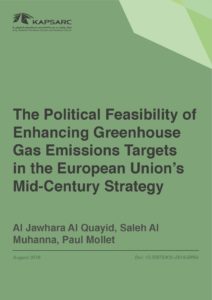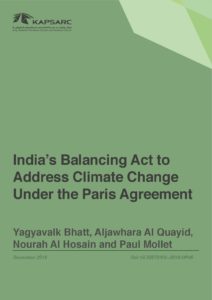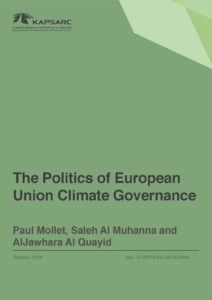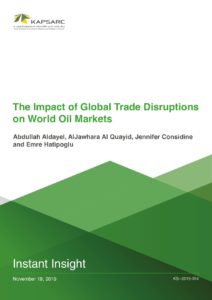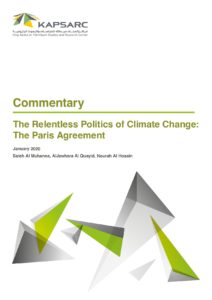As a senior research associate in the Climate and Sustainability program, Aljawhara focuses on research and advisory projects that are centered around public policy, development, and sustainability. Aljawhara holds a master’s degree in policy management from Georgetown University and a Bachelor of Business Administration from Alfaisal University. She also holds a public leadership credential from the Harvard Kennedy School. During the Saudi G20 Presidency, Aljawhara coordinated one of the 11 Think 20 (T20) task forces that produced policy solutions to a wide range of challenges presented by the COVID-19 pandemic. Prior to joining KAPSARC, she interned at KPMG’s Deal Advisory unit, where she worked on developing public-private partnership models for public sector clients.

